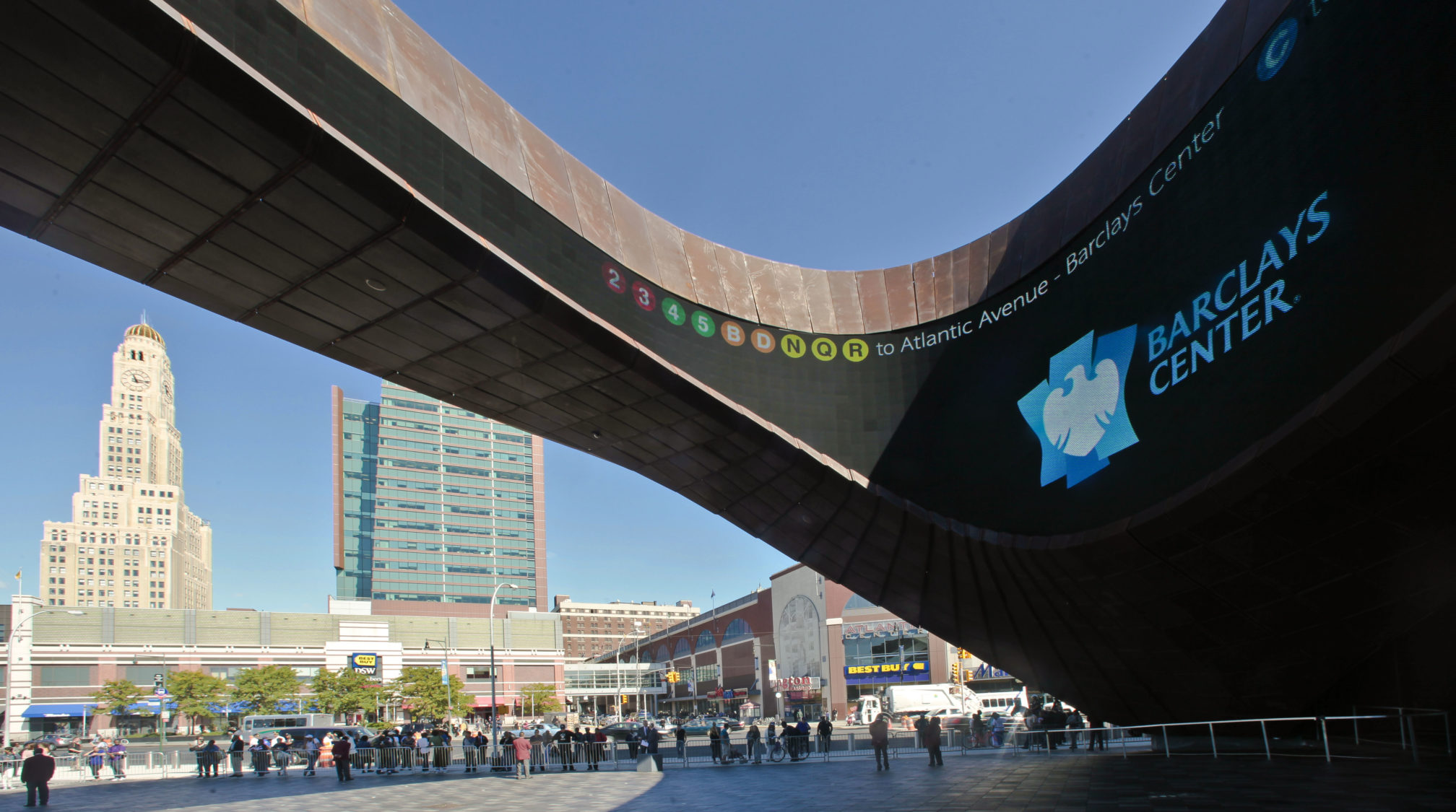OPINION: The real story of the Brooklyn Nets is a plutocrat relay race

Last week, Russian oligarch Mikhail Prokhorov announced that he sold the Brooklyn Nets for a record $2.35 billion to Joseph Tsai, co-founder of Alibaba Group. Prokhorov originally purchased the team in 2010 for $223 million plus the team’s debt.
If elected officials want to understand the roots of growing grassroots distrust and opposition to major developments like the failed Amazon Long Island City project, it’s worth revisiting what made Prokhorov’s windfall possible: the forced removal of city residents for private gain, massive government subsidies and a litany of broken promises to the community.
In 2003, when developer Bruce Ratner announced his intention to move the New Jersey Nets to a site above the Long Island Rail Road lines on Atlantic Avenue in Brooklyn, he said the project would be “almost exclusively privately financed.”

Brooklyn Boro
View MoreNew York City’s most populous borough, Brooklyn, is home to nearly 2.6 million residents. If Brooklyn were an independent city it would be the fourth largest city in the United States. While Brooklyn has become the epitome of ‘cool and hip’ in recent years, for those that were born here, raised families here and improved communities over the years, Brooklyn has never been ‘uncool’.